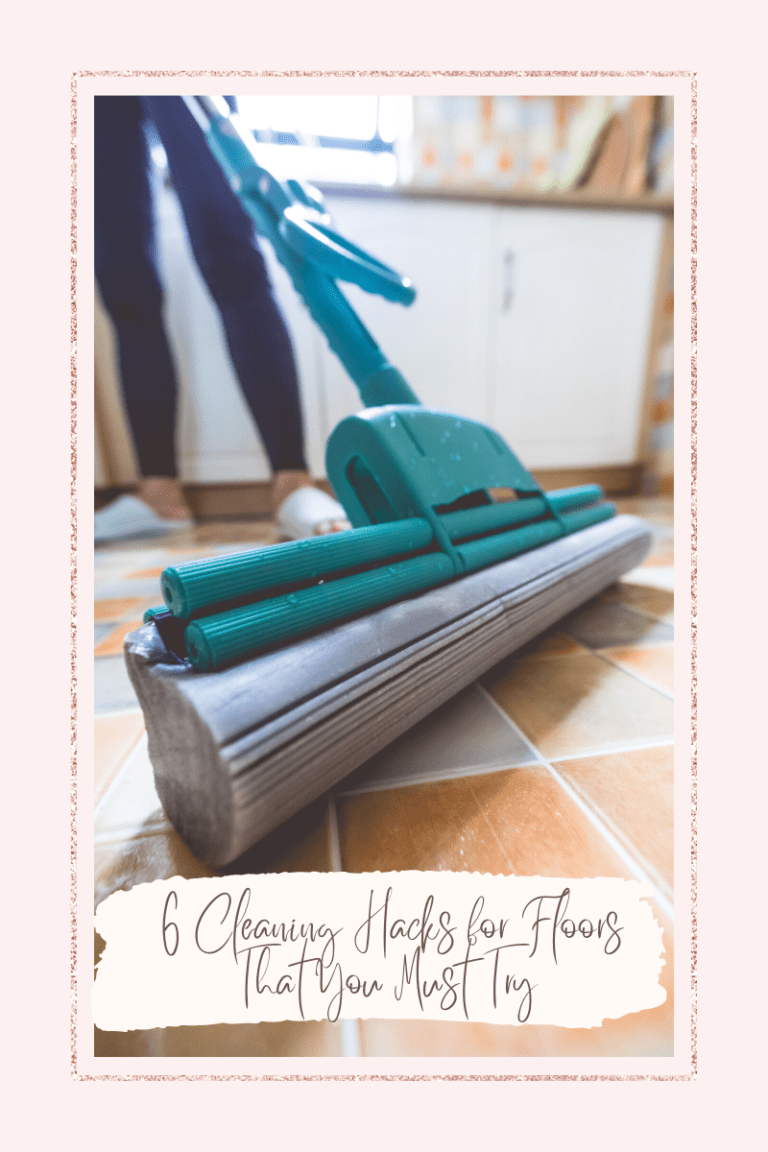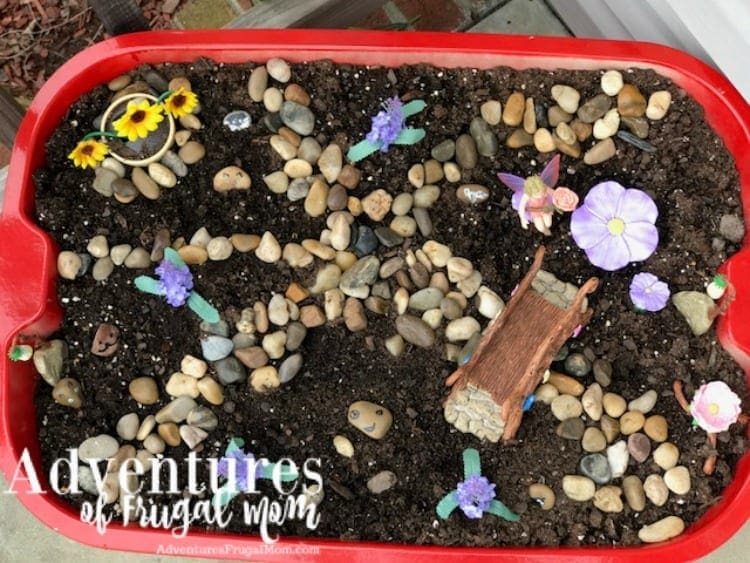Tomatoes Today Gone Tomorrow? Not with These Gardening Tips

Growing tomatoes is a fun, healthy activity for people young and old. It allows you to be outdoors, get your hands dirty in rich, earthy soil, and grow a fruit that can be harvested to eat right off the vine.
Tomatoes can evolve into a number of comestibles like salsa, spaghetti sauce, bruschetta, and a host of others. That said, while you are enjoying the growing and harvesting process, wildlife animals are just as happy, if not more, about it as an easily edible feast.
Neighborhood and barn cats cannot resist lounging on sunbaked earth, between tomato vines, and chewing on them, at will. Dogs love to chase cats out of there, with no regard for the delicate plants. Furry creatures that live below ground, like mice and voles, can wreak havoc in and around gardens, digging their tunnels in haste, and feasting on the sumptuous plants. These rodents have the capability of reproducing quickly; turning what at first seems like a minor issue, into a serious situation of devastation.
Deer, who are always hungry, will happily eat from your garden, leaving you with nothing much to show for your season-long efforts.
At night, even in urban areas, there may be a near-continuous trekking of animals in, near, and around your garden: raccoons, squirrels, rabbits, groundhogs, chipmunks, hungered and in searching for food sources. Unless you have some prevention in place, to ward off these critters, you are gambling with the quality of your future culinary creations.
Protecting Your Tomato Plants from Wildlife
- Consider container gardening – Growing your tomato plants in containers will allow you to take them inside at night, while also covering them with mesh covering during the daytime, if necessary. For those in urban areas or who do not have adequate gardening space, a container garden is a great option.
- Install deer fencing- Quality deer fencing has functionality well beyond keeping deer from ruining your garden. This type of fence will also keep out domesticated animals like cats and dogs, but also smaller woodland creatures like raccoons and rabbits.
- Spray the plants – No need to use a pesticide to keep pests away (if you don’t want to). Simply combine one-part hot sauce to 16 parts water, and spray it on the plants until they drip with the solution. Repeat after it rains. This won’t harm the plants or any of the wildlife, but it will stop them from feasting in your garden.
- Place soap near each plant – In the following method, use fragrant bar soap, and old nylons. Place one bar inside of nylon, and tie the end, to enclose it. Next, stake the soap within three feet of the tomato plant. It will be necessary to replace the soap once it has melted. This method is best used in combination with other strategies.
- Spray predator urine – The idea behind spraying predator urine, which is available online, and at home improvement centers like Home Depot and Lowes, is that the animals that enjoy munching on the goodies in your garden, will fear the scent. They will be wary of an unseen predator, and will not want to take the chance of becoming a meal themselves. Different types of predator urine include coyote, skunk, bear, wolf, fox, bobcat, and more. The type of urine you use will depend on which creatures are invading your garden.
Protecting Your Tomato Plants from Insects
It is important to take the necessary steps to keep wildlife away from your tomato plants. It is equally as important to keep insects away from them, too. Nothing spoils a delectable tomato more than seeing it ravaged with holes. Generally, aphids, cutworms, whiteflies, hornworm, and the tomato fruit worm, are the insects responsible for the damage.
- Keep the seedlings indoors – Planting the tomato seeds indoors for about 6-8 weeks, before the last frost, is a great way to give them a healthy head start. After the last frost, they will be hardy enough to withstand the weather and will be more resistant to pests.
- Clear the garden of last year’s debris – By clearing away the old, dead plants from the year before, as soon as you are able to, will offer less of an opportunity for insects to take over the garden.
- Wrap aluminum foil around the plant base – This prevents cutworms from eating into the plant stems. The aluminum foil collar can be removed once the plant has several leaves sprouting from each stem.
- Regularly inspect your plants – There are several insects that can simply be picked off of plants and destroyed, to keep their numbers under control. This method requires regular inspections, however.
- Arrange your companion plants – Borage, an annual blue flower, is an excellent deterrent. It may be planted near tomatoes to discourage an invasion of tomato worms. Likewise, marigolds are particularly useful at repelling nematodes.
Protecting your tomato plants from wildlife and insects doesn’t have to be hard work. Installing a deer fence, and keeping a careful eye on the plants, to ensure hardiness, is a natural part of the gardening process. The benefits of all your hard work, diligence, and pre-planning to deter the furry munchers, and creepy crawling insects, will surely be tasted and savored, in your next batch of pasta sauce, or spicy pesto and tomato salad.








